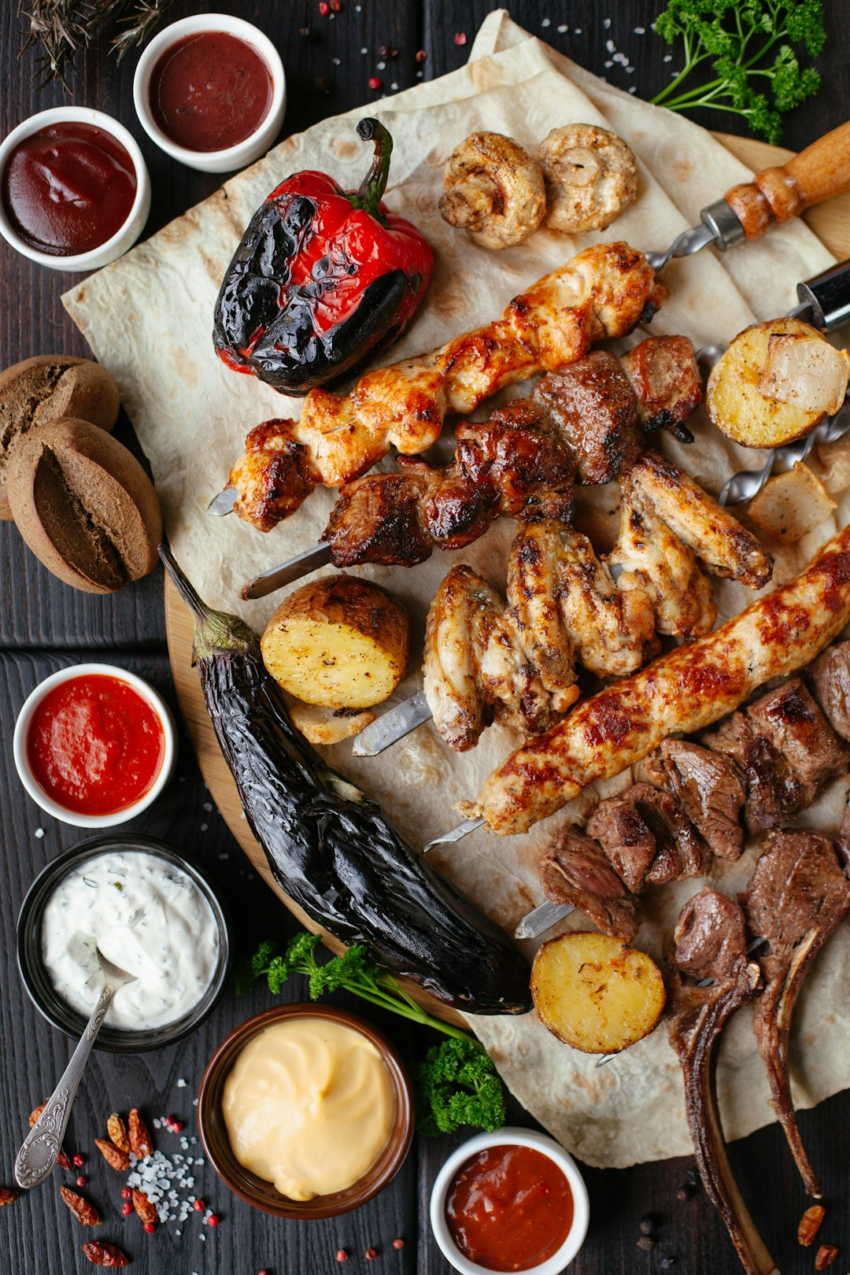Southern United States barbecue roots run deep, with unique regional flavors and techniques spanning centuries. The Carolina Gold BBQ Recipe, a blend of African and European traditions, is one historic style thriving today. Eastern BBQ emphasizes slow smoking over hardwoods, while Western styles favor faster grilling. Modern revival celebrates these heritage dishes, preserving family recipes and Southern hospitality in restaurants across the South.
“Southern barbecue is a rich tapestry woven with centuries-old traditions and diverse regional flavors. This article takes you on a journey through time, exploring the ancient roots of barbecuing in the South, from its indigenous origins to the rise of iconic Carolina Gold BBQ techniques. We delve into the East-West divide in BBQ styles and uncover modern revivals preserving this culinary heritage. Discover how the art of smoking meat has evolved, with a special focus on the delectable Carolina Gold BBQ recipe that continues to captivate food enthusiasts.”
- Uncovering Ancient Barbecue Roots in the South
- The Rise of Carolina Gold BBQ Techniques
- Regional Variations: East vs West in BBQ
- Modern Revivals: Preserving Southern Heritage
Uncovering Ancient Barbecue Roots in the South
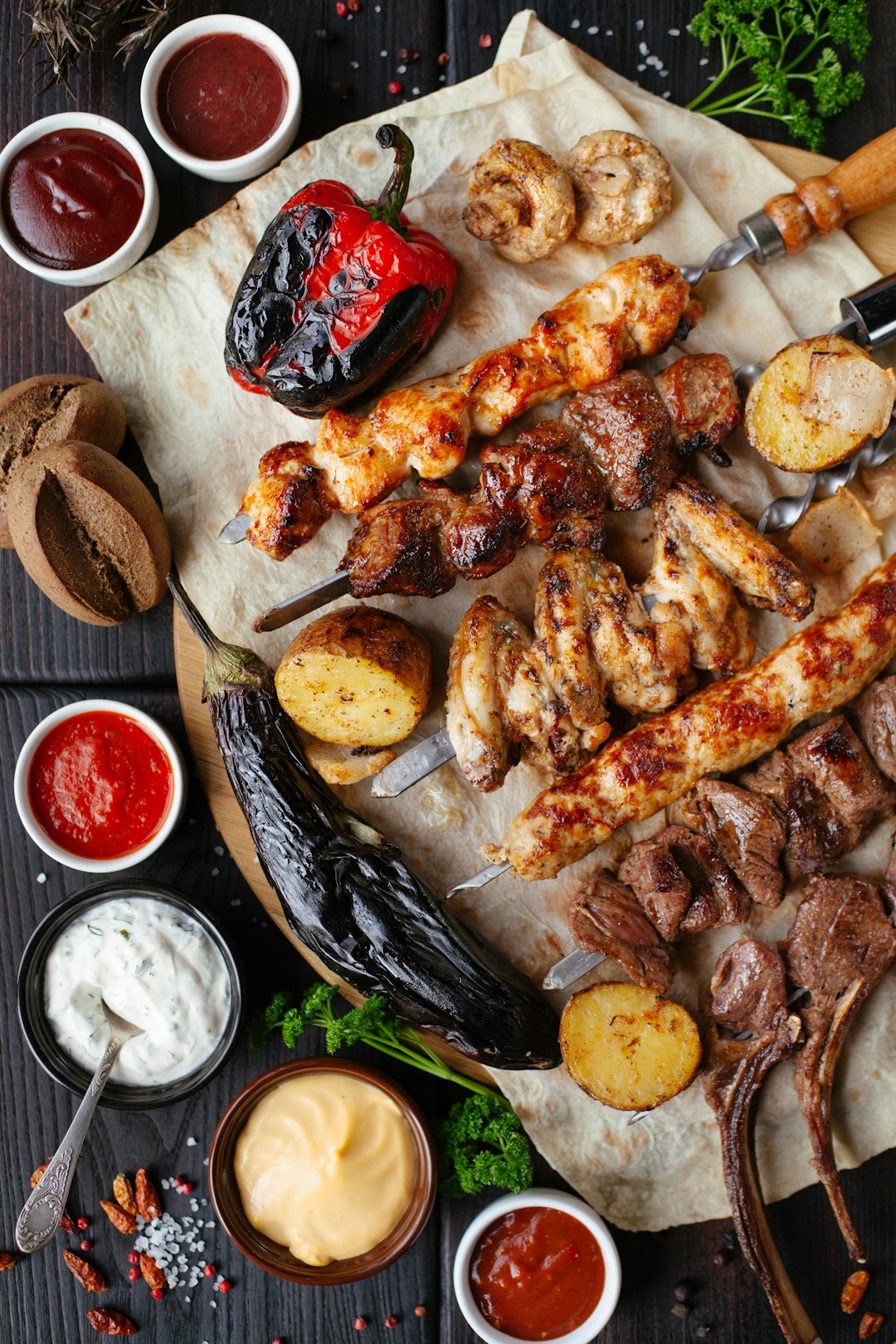
The roots of barbecue stretch back centuries in the Southern United States, with ancient traditions that have evolved into a diverse culinary landscape. In the South, barbecuing is more than just cooking; it’s a cultural heritage passed down through generations. Unraveling this history reveals a rich tapestry where each region boasts unique flavors and techniques. For instance, Carolina Gold BBQ Recipe stands out as a testament to the area’s culinary past, combining golden mustard-based sauces with tender, slow-cooked meats that echo the traditions of early settlers.
These ancient barbecue practices were influenced by indigenous cooking methods and later shaped by African and European immigrants who each contributed their own culinary touches. Over time, regional variations emerged, resulting in distinct styles like the Eastern North Carolina whole hog, South Carolina mustard-based sauces, Kentucky’s muddle and smoke, and Texas’ iconic beef brisket. The diversity of these barbecue traditions reflects the rich cultural mix that has made the South such a captivating culinary destination.
The Rise of Carolina Gold BBQ Techniques
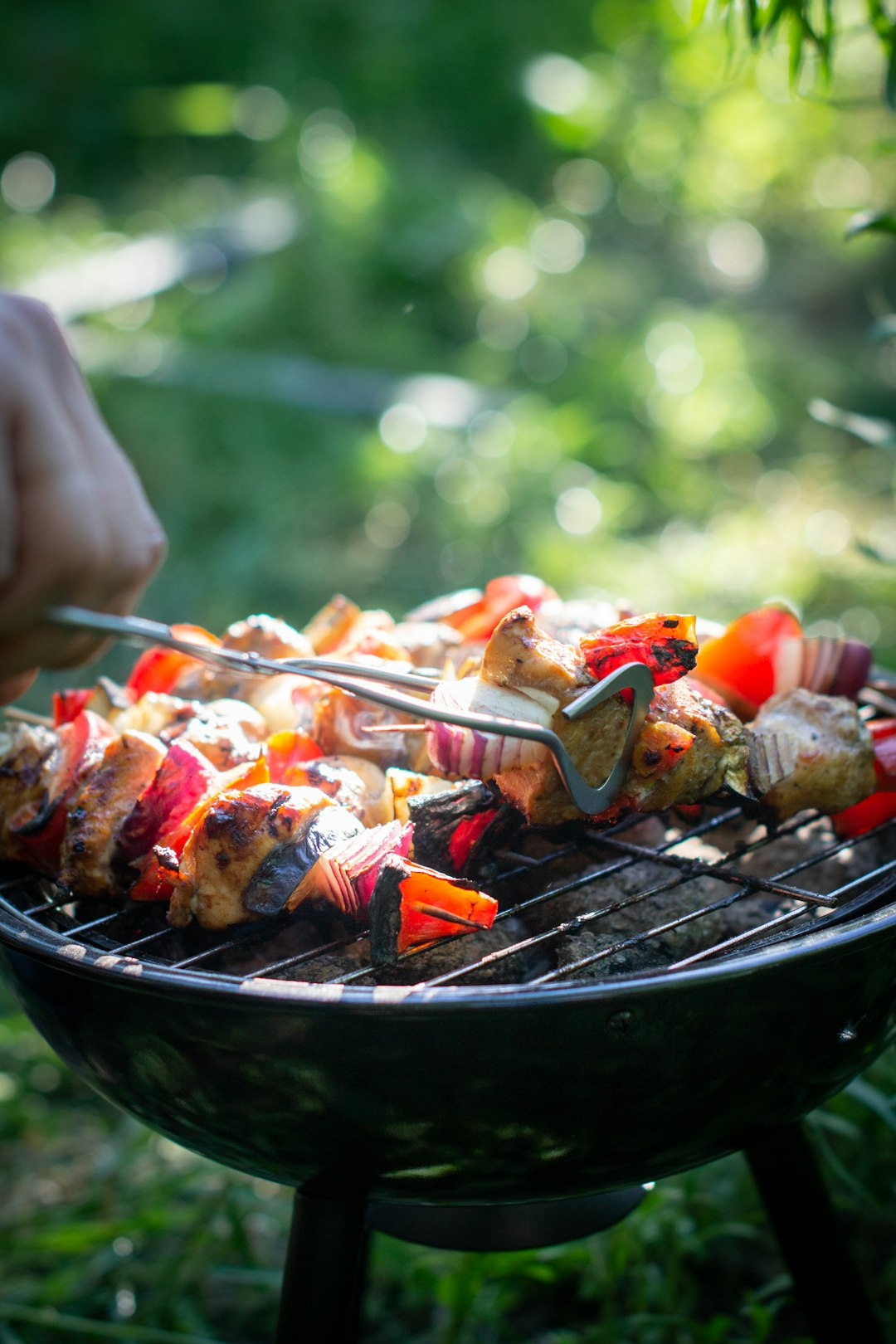
The rise of Carolina Gold BBQ techniques can be traced back to the 19th century, when African and European culinary traditions merged in the Southern states. Enslaved Africans brought with them a wealth of knowledge about smoking meats over open fires, while English and Scottish settlers introduced the concept of slow-cooking over hardwood coals. This unique blend resulted in a distinct BBQ style characterized by its golden crust and tender, juicy meat. The Carolina Gold BBQ recipe typically involves a dry rub of salt, pepper, garlic, and various spices, which is applied hours or even days before cooking to penetrate the meat’s fibers.
After slow-smoking over oak, hickory, or cherry wood, the meat is often brushed with a thin layer of vinegar-based sauce, adding a tangy contrast to the rich, smoky flavors. This method produces a tender, succulent end product that has become synonymous with Southern hospitality and community gatherings. The Carolina Gold BBQ tradition continues to thrive today, with passionate pitmasters preserving this historic culinary art form for future generations to enjoy.
Regional Variations: East vs West in BBQ
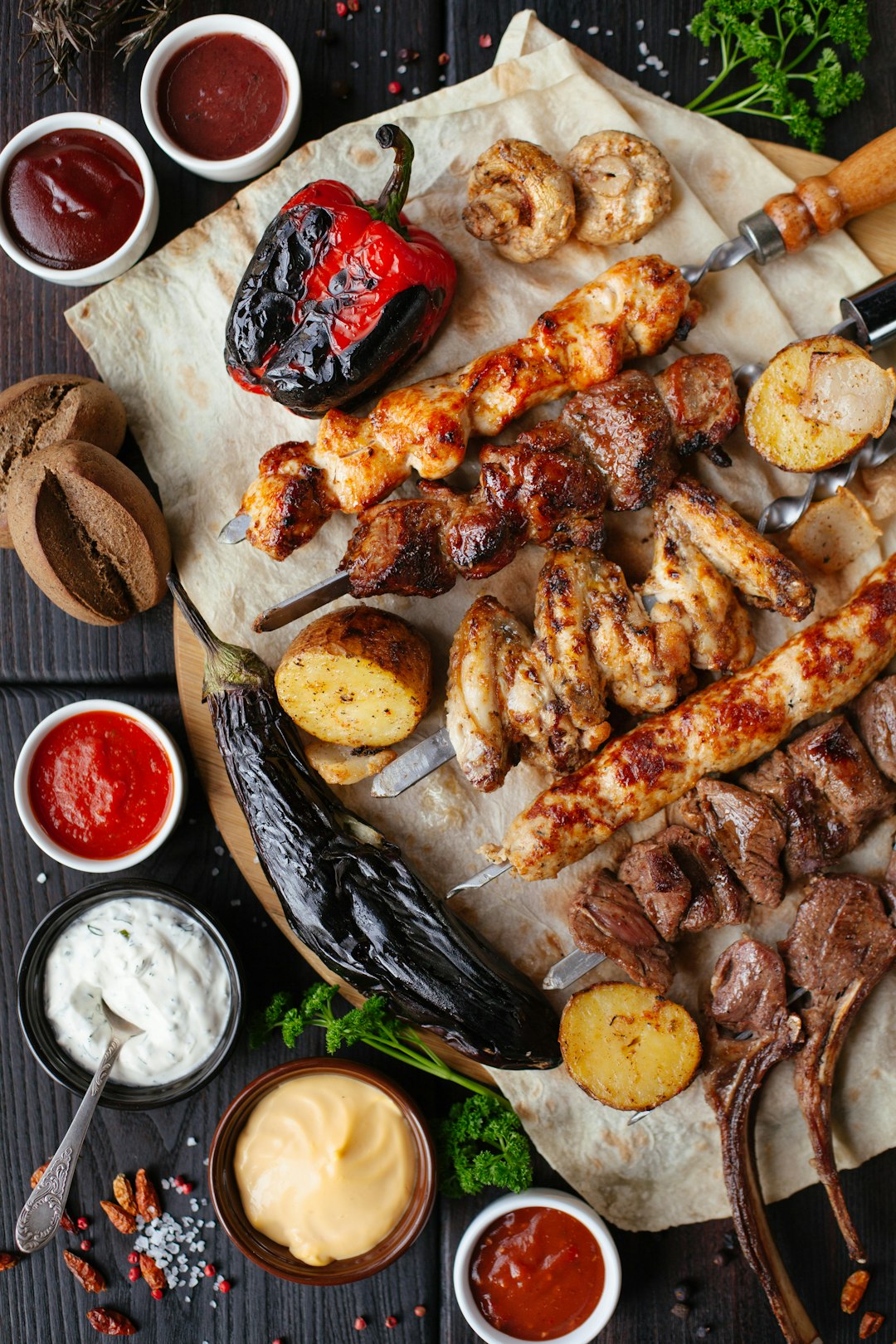
The South is renowned for its rich barbecue traditions, but there’s a distinct divide between Eastern and Western styles. East of the Mississippi River, BBQ tends to lean towards slower-cooked meats, often smoked over hardwoods like oak or hickory. This results in a richer, more robust flavor profile. Carolina Gold BBQ Recipe, for instance, showcases this Eastern style with its blend of sweet and savory spices, typically paired with slow-cooked pork shoulders.
In contrast, Western BBQ is characterized by faster cooking methods, such as grilling over direct heat, and a preference for milder spices. The Texas-style brisket or Kansas City ribs are iconic examples of Western barbecue, known for their tender textures and slightly sweeter sauces. This regional variation adds depth to the diverse BBQ landscape that defines American culinary heritage.
Modern Revivals: Preserving Southern Heritage
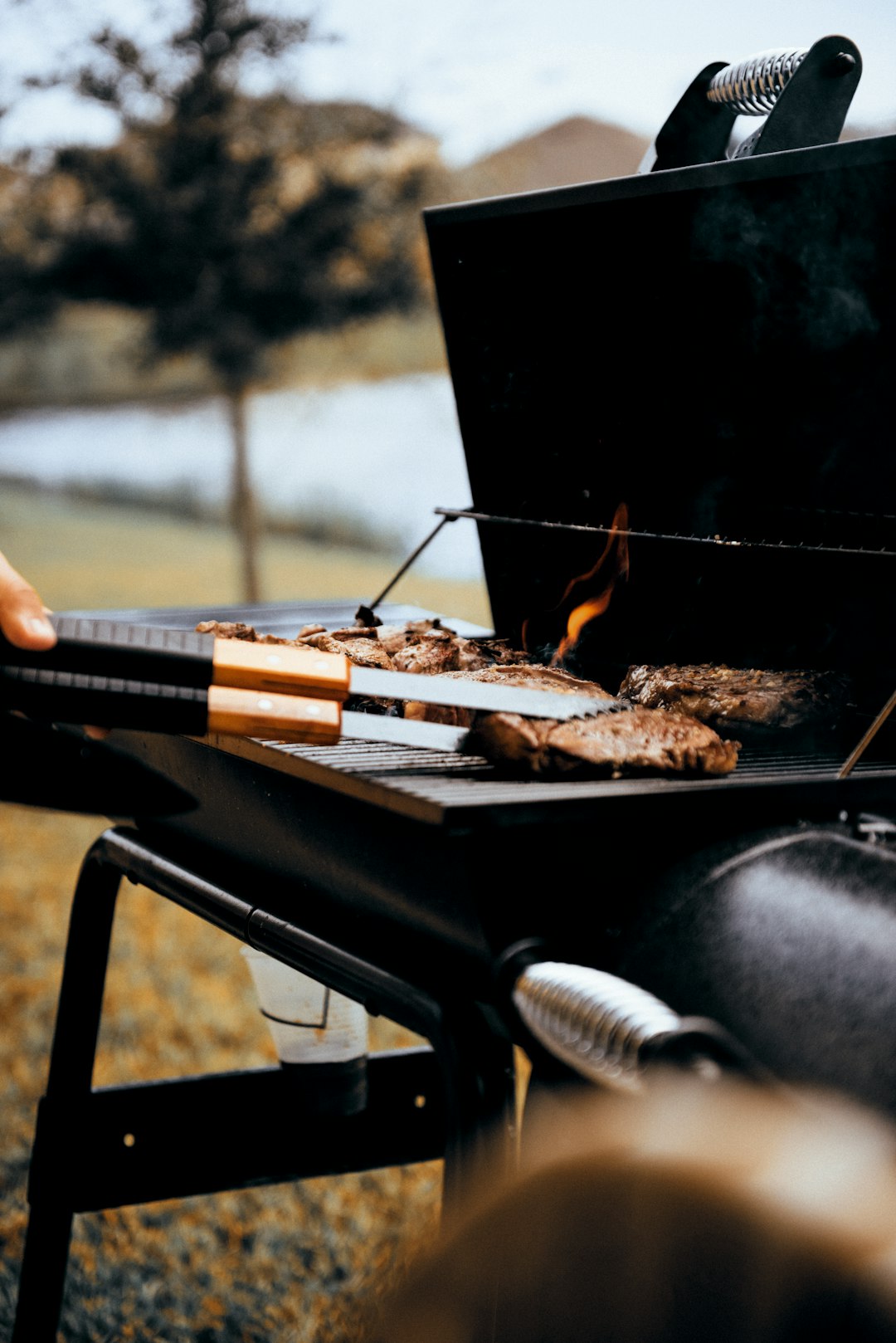
In recent years, there’s been a modern revival of Southern barbecue traditions, with many chefs and food enthusiasts aiming to preserve and celebrate the region’s rich culinary heritage. This resurgence is not just about serving up classic Carolina Gold BBQ Recipe favorites; it’s about understanding and honoring the historical context behind each dish. From slow-cooked meats rubbed with secret blends of spices to sides like coleslaw and cornbread, these revivals often draw from old family recipes passed down through generations.
Today’s barbecue joints and restaurants are becoming cultural hubs where communities gather to share stories, pass along traditions, and savor the flavors that have defined the South for centuries. This modern approach allows for innovation while staying true to the core values of Southern hospitality and culinary excellence, ensuring that cherished heritage remains vibrant and accessible for future generations to enjoy.
